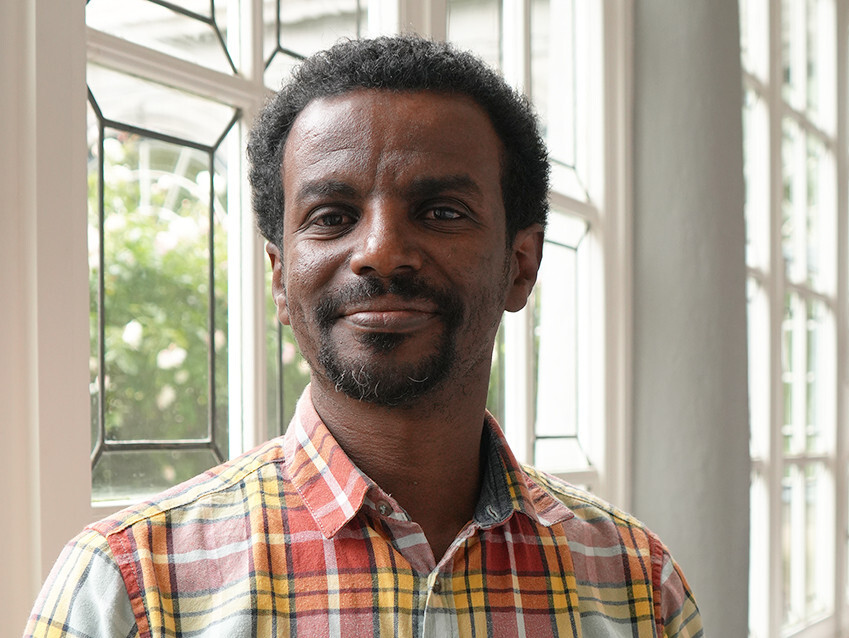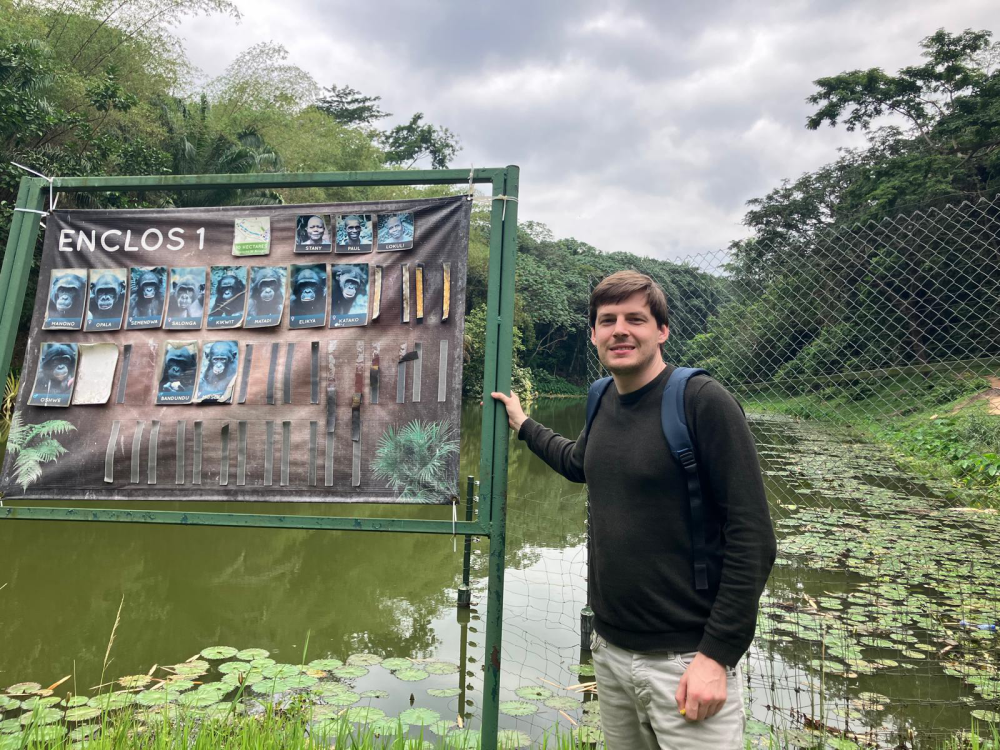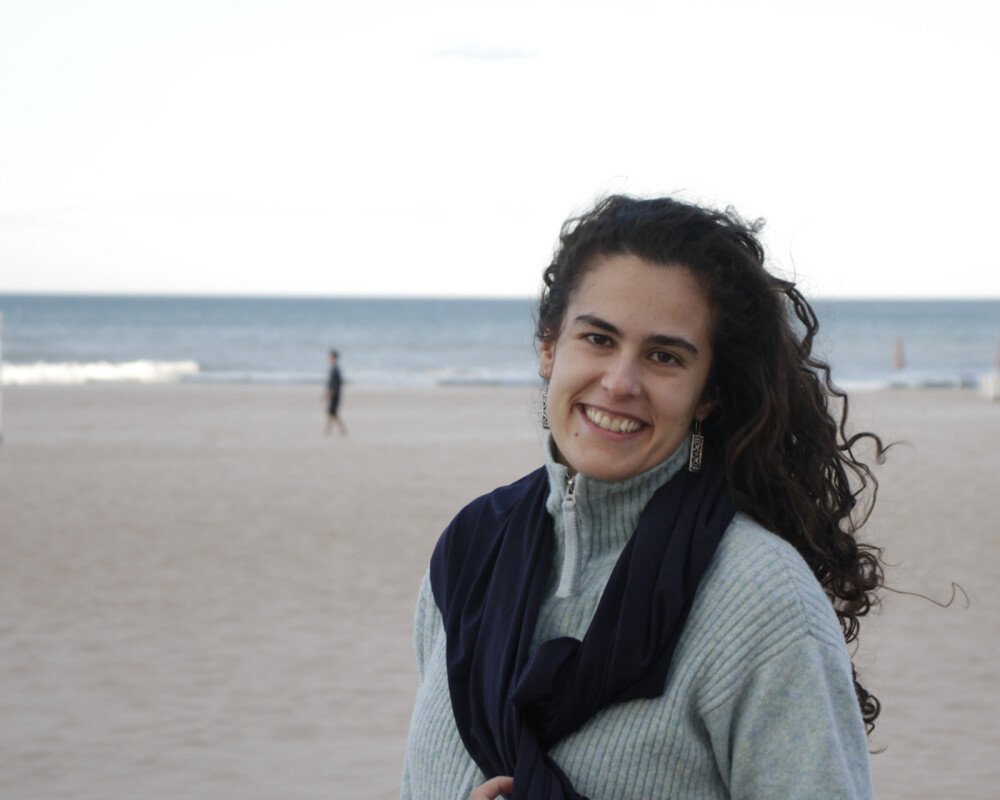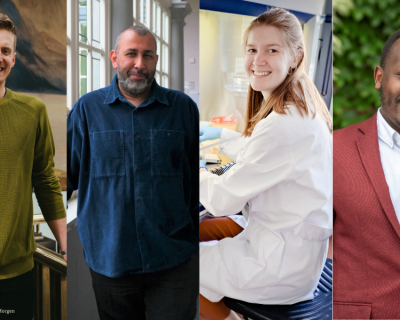Four ITM researchers secure competitive fellowships from the Research Foundation of Flanders

Through postdoctoral fellowships, the Research Foundation of Flanders (FWO) boosts the independent, international careers of researchers based in Flanders. In 2025, ITM received three FWO junior postdoctoral fellowships for three years, with Anke Rotsaert, Daan Jansen and Irene Molina de la Fuente successfully applying. Anteneh Asefa was awarded a three-year senior postdoctoral fellowship.

Anke Rotsaert
Pregnant and postpartum women experience a heightened vulnerability of acquiring HIV, which threatens maternal health and increases the risk of vertical transmission. Pre-exposure prophylaxis (PrEP) is a safe and effective HIV prevention tool and integrating it into antenatal and postnatal care is a promising approach to reach pregnant and postpartum women. Anke Rotsaert from the Unit of Sexual Health including HIV (Department of Public Health), will examine the utilisation of integrated PrEP care delivery among pregnant and postpartum women attending antenatal and postnatal care in Lusaka, Zambia, and explore strategies to improve PrEP continuation and adherence in the postpartum period.

Anteneh Asefa
In sub-Saharan Africa, pregnant women living with HIV are disproportionately affected by obstetric violence and perinatal depression, leading to poor uptake of prevention of mother-to-child transmission (PMTCT) services and increased risk of vertical transmission of HIV. There is a critical evidence gap and urgent need for context-sensitive implementation research globally to address these challenges. Anteneh Asefa, from the Maternal and Reproductive Health Unit (Department of Public Health), will lead implementation research to co-design, implement, and evaluate an intervention that integrates perinatal mental health and respectful maternity care into the care of pregnant and postpartum women living with HIV in Ethiopia and Guinea.

Daan Jansen
Mpox is an infectious disease that has re-emerged as a growing public health concern, particularly in Central Africa, where cases are rising rapidly. Scientists have discovered that as mpox spreads in humans, it evolves faster than expected. This is due to a human enzyme called APOBEC3, which is highly active in areas like the vaginal and anal region. APOBEC3 causes specific mutations in the virus’s DNA as it tries to fight the infection. Daan Jansen from the Clinical Virology Unit (Department of Clinical Sciences) will study whether these mutations signal sexual transmission, enabling a more targeted outbreak response to protect those most at risk.

Irene Molina de la Fuente
The research of Irene Molina de la Fuente (Unit of Malariology, Department of Biomedical Sciences) bridges genomics, epidemiology, and policy to improve malaria control. Her project focuses on understanding the Plasmodium falciparum parasite’s resistance to artemisinin-based combination therapies (ACTs) against malaria. Using advanced genomic, transcriptomic, and phenotypic tools, she investigates resistance mechanisms beyond traditional models. The project also supports capacity building in malaria-endemic countries, empowering local researchers to generate data that informs national policies. This multifaceted approach not only deepens scientific knowledge of ACT resistance but also translates findings into practical strategies for malaria control—uniting Irene’s goals of cutting-edge research and real-world impact.
The submission deadline for the FWO Junior and Senior Postdoctoral Fellowships Call 2026 is Monday 17 November 2025.
Spread the word! Share this story on










